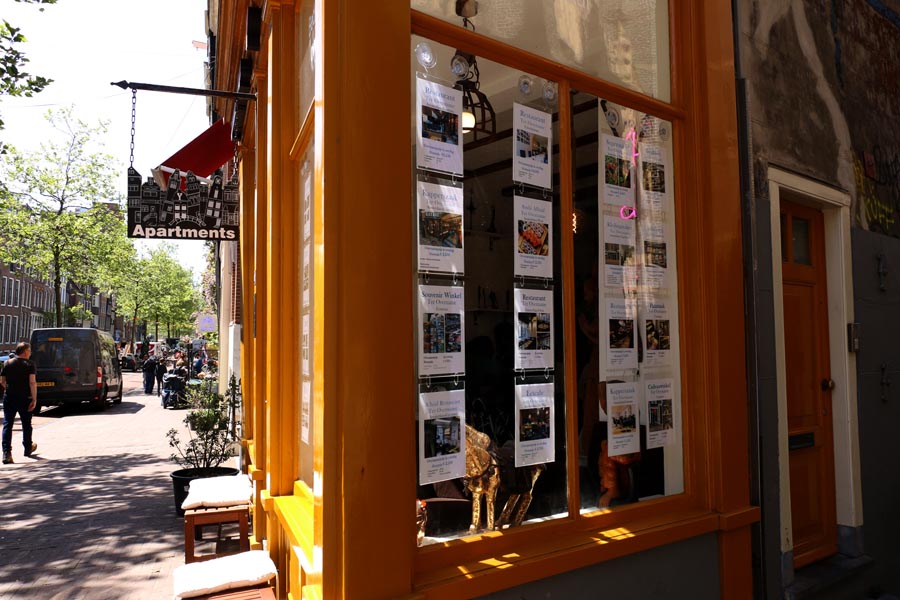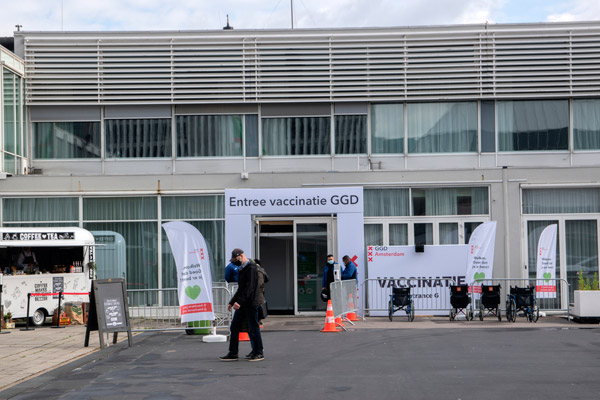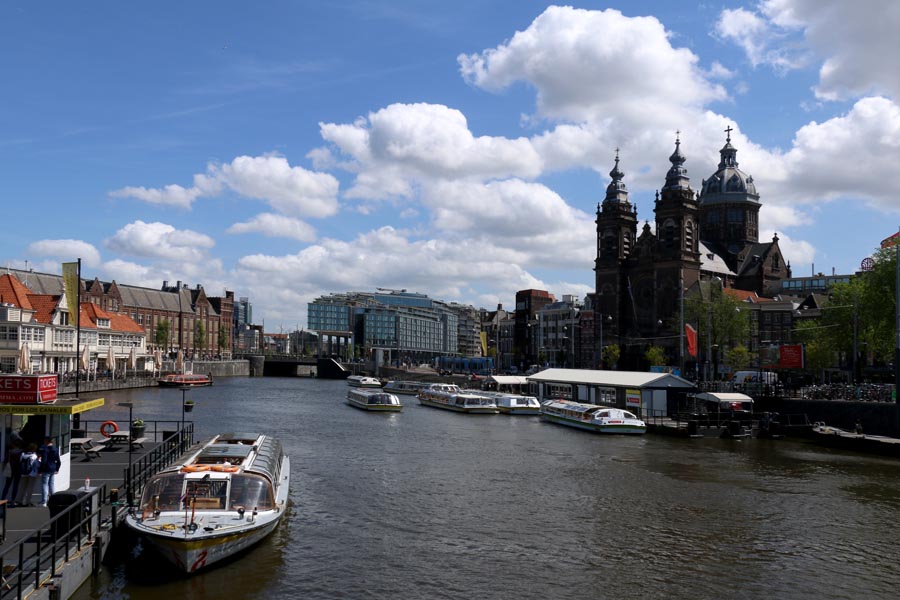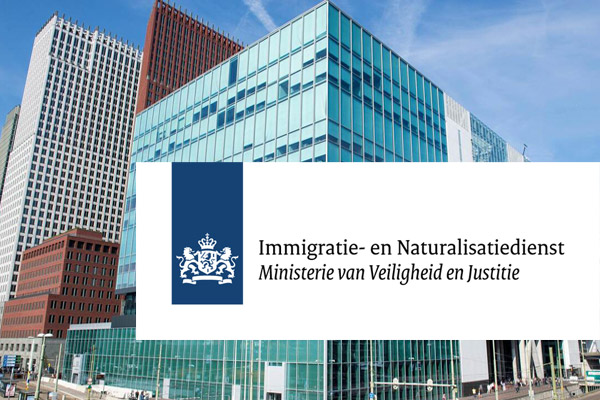Table of contents
How can I move my family to the Netherlands?
Any highly skilled migrant (HSM) planning to move with their family to the Netherlands must apply for a MVV (entry visa) and/or residence permit for each member.
As a highly skilled migrant or a scientific researcher (under Directive (EU) 2016/801), family members are entitled to the same residence status as you. This means, among other things, that your (long-term relationship) partner. is also exempt from the TWV (Work Permit) requirement.
When your employer (or you) are working with All About Expats for your visa and relocation, family applications are also handled by us. This means it is not necessary for you to apply for an MVV and/or VVR. We can handle these applications at the same time that your applications are submitted.
However, even if applications are submitted at the same time, it does not guarantee or mean that family members must (or can) come over at the same time.
Once the MVV applications for your family members are approved, you have three months to pick up the MVV sticker from the embassy.
As related to VVR, partners always receive it for maximum of one year. Children under 18 years of age, receive a VVR for the same duration as the parent with the longest residence permit duration.
Documents Required
The following documents and proof will be needed when applying to move your family (spouse, partner, child) to the Netherlands:
Please note, it is not easy to bring along children who are older than 18 years. Their application is evaluated/processed separately from the application for the other family members.
Do I have to register my family members with the municipality?
When moving your family to the Netherlands, all family members will be required register at the local Personal Records Database (BRP). Municipalities record the personal data of all residents in the BRP
A legalized and translated birth certificate is necessary to register with the municipality. Therefore every family member should bring their birth certificate with them to the Netherlands.
Furthermore, a marriage certificate or declaration of partnership (no older than 6 months) is required to demonstrate a relationship with your partner. All official documents must be translated into Dutch, English, German or French and bear the necessary stamps (apostille, legalisation and, if necessary, verification).
The following documents must be submitted when registering with the BRP:
Video: How do I apply for a residence permit for a family member?
A Video of the Immigration and Naturalisation Service (IND)
Which documents require legalisation when moving to the Netherlands?
Moving your family to the Netherlands will require a handful of official documents. To be able to use official documents from your home country in the Netherlands, legalisation is required.
To legalise a document, competent authorities must sign and stamp each document. Several different steps may be needed to complete the process and most countries have agreements for this with the Netherlands.
Furthermore, the steps required to have a document legalised can vary by country. As an example, the Netherlands has different agreements with countries as to proper legalisation of documents and what is required.
Learn more about the specific requirements for legalisation of foreign documents for use in the Netherlands
Steps to legalize official documents
Normally, the steps are as follows:
Step 1
A competent authority in the country where the documents come from checks that the document has been signed by the correct authority or authorities in that country. This is usually their Ministry of Foreign Affairs. After approval, a stamp or sticker is placed on the document. This shows the Dutch authorities that the document has been issued by a competent authority.
Step 2
The Dutch authorities check the document and place another stamp or sticker on it. This is usually done by the Dutch embassy, consulate-general or honorary consul in the country where the documents come. A number of countries have made agreements saying that not all these steps are required. Or that they are not required for certain types of documents. The Apostille Convention is one of these agreements.
What happens if my partner and I have a child born in the Netherlands?
If your child is born in the Netherlands, he/she does not get Dutch citizenship automatically. According to Dutch law, the child gets the citizenship of the parents. This means that your nationality is transferred to the child. The country where your child is born does not determine your child’s nationality.
After giving birth to a child in the Netherlands, the following steps must be taken:
- Reporting the birth to your municipality (within three days after the birth);
- Notifying your health care insurance of the birth;
- Submitting a residence permit application for the child.
Applying for a residence permit for your child is not necessary if your child has an EU nationality or comes from a country in the European Economic Area (EEA), or has Swiss nationality.
Before you apply for a residence permit for your child, you must first register the birth of your child with the municipality. The municipality issues a birth certificate, which is included in the civil status registers. These registers contain certificates of birth, marriage, divorce and death. Your child will also be registered in the Personal Records Database (BRP).
Once registration is complete, you receive your child’s Citizen Service Number (in Dutch: Burgerservicenummer or BSN) within a week. Please note, you need your child’s birth certificate in order to apply for a residence permit for your child.
Other Documents
If you require travel documents for your child (for example, a passport), you will need to contact the authorities of your home country. If your child (and you, as the parent) cannot obtain travel documents, you must substantiate this with appropriate documents to the Dutch Immigration and Naturalisation Service (IND).
The IND will then make an appointment with you and send you a letter indicating which documents you need to bring with you for yourself and your child.
What government benefits does my family qualify for?
If you move to the Netherlands with your family and your children are under the age of 18, you can apply for and receive child benefits (kinderbijslag) from the Dutch government. This is a contribution to the costs of caring for children up to the age of 18.
The rules for who can get child benefits and how much are set in the General Child Benefits Act (AKW).
The monetary amount will also depend on the age of your child. The amount you receive will increase when your child turns six and then again when they turn 12.
If your child does not live with you because he or she is disabled, and you are faced with high expenses, you may be eligible for child benefits at twice the basic rate.
Your child benefits are paid once a quarter. The first payment you receive is processed for the following quarter, after your child’s birthday. In other words, your child benefits will start in January, April, July or October.
If you adopt a child or if you have just come to live in the Netherlands, your child benefits may start at a different time.








